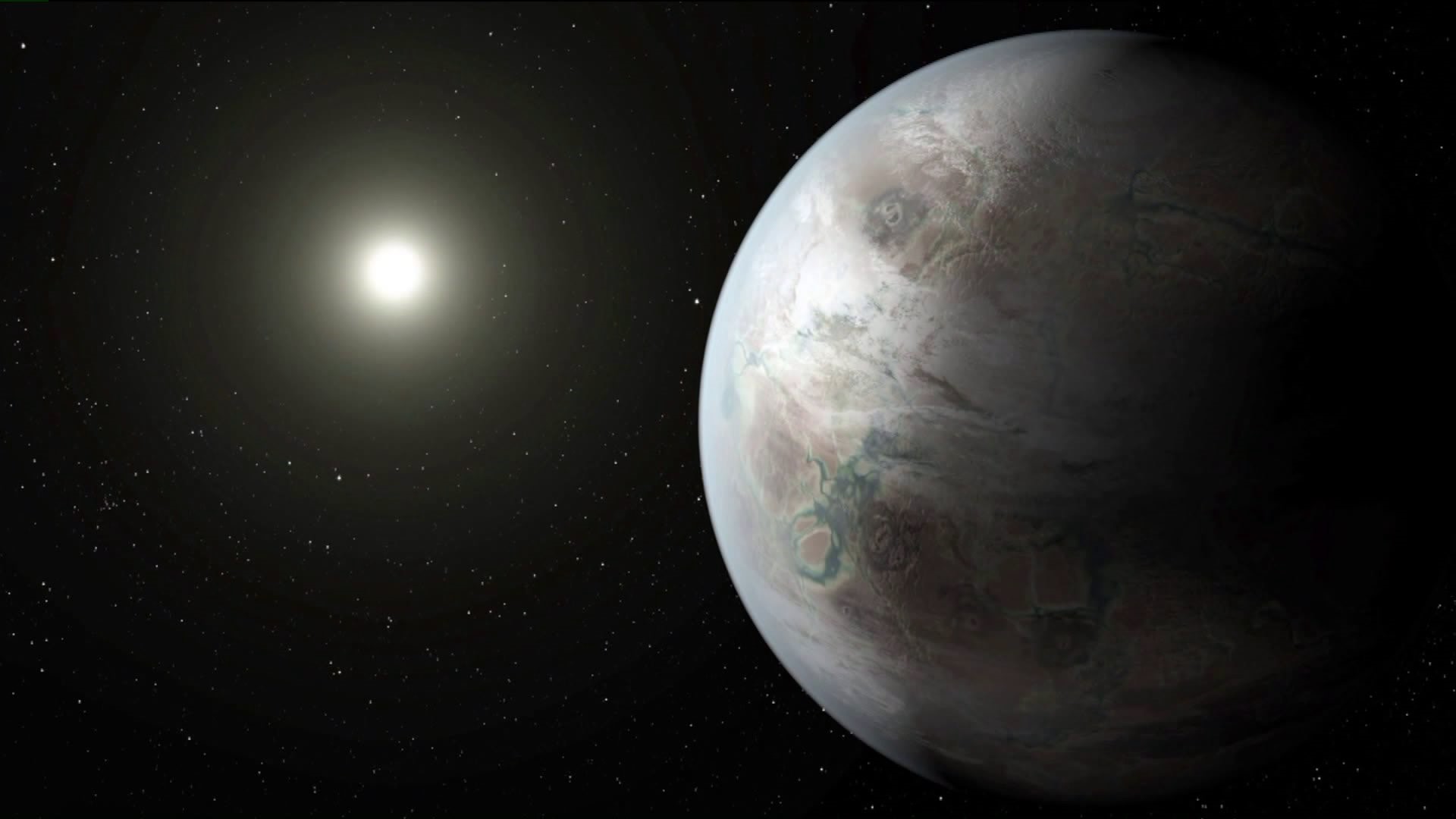HARTFORD -- Yale astronomers have announced the discovery of 60 more planets in our galaxy. With these planets, they’re appropriately calling it a cosmic barbecue, with the announcement coming right around July 4th.
They’re being described as hot Jupiters. They’re Jupiter-sized gas planets that orbit their stars super close. So close in fact, that their orbit takes less than a week; meaning a year is a week-long on those planets. What they discovered is impressive enough, but it’s also a big deal just how they discovered it.
Recently, there’s been an emergence of what’s called big data science. With stronger computers containing more storage space, we have this flood of data, and not enough people to go through it all. Sarah Millholland, a second year PhD student of astronomy at Yale, explains their dilemma.
“Astronomical databases have gotten so large where we have so much data we really need a team of people to be looking at all the data in different ways so big data is trying to use different statistical techniques or data science techniques to look at these data sets in novel ways,” said Millholland.
So you need some groundbreaking ways to go through all that data. Sarah and Yale astronomy professor Greg Laughlin used a method called a supervised machine learning algorithm. It’s where you essentially teach the computer to spot these planets, sifting through all that data to find something new.
“And so it was really valuable to use those techniques that are similar to those that Facebook or google or other kinds of tech industries use and apply this to this new problem of finding planets around other stars,” said Millholland.
As for what they found... hot Jupiters are huge gas planets that have terrible weather. It’s thousands of degrees in temperature, with wind speeds exceeding 1000 miles per hour, all the time. It’s an easy forecast for people like me, but a terrible place to live for anybody.
They discovered this using data from one of the greatest astronomical tools we’ve ever had, the Kepler space telescope. Launched in 2009, it's responsible for discovering thousands of planets outside our solar system, many more than scientists were expecting.
“I definitely think that just in the last couple years, getting data from the kepler telescope has just shown us how common planets are in our galaxy, we’re just one of billions,” said Millholland.
So it’s an amazing thing to discover 60 new planets, but think about this: all those planets were contained in a small section of our sky, meaning all that data came from a minuscule percentage point of the observable universe. We truly are one of billions, if not trillions.

